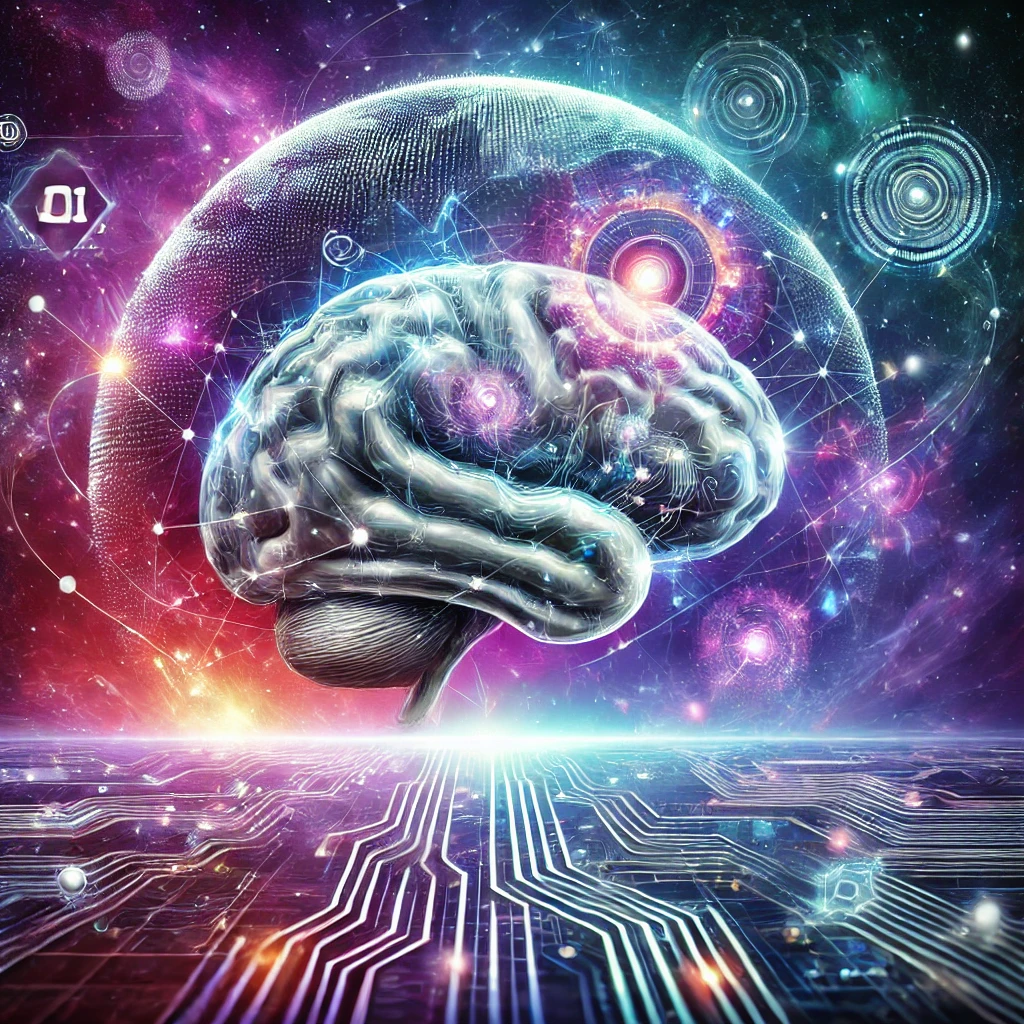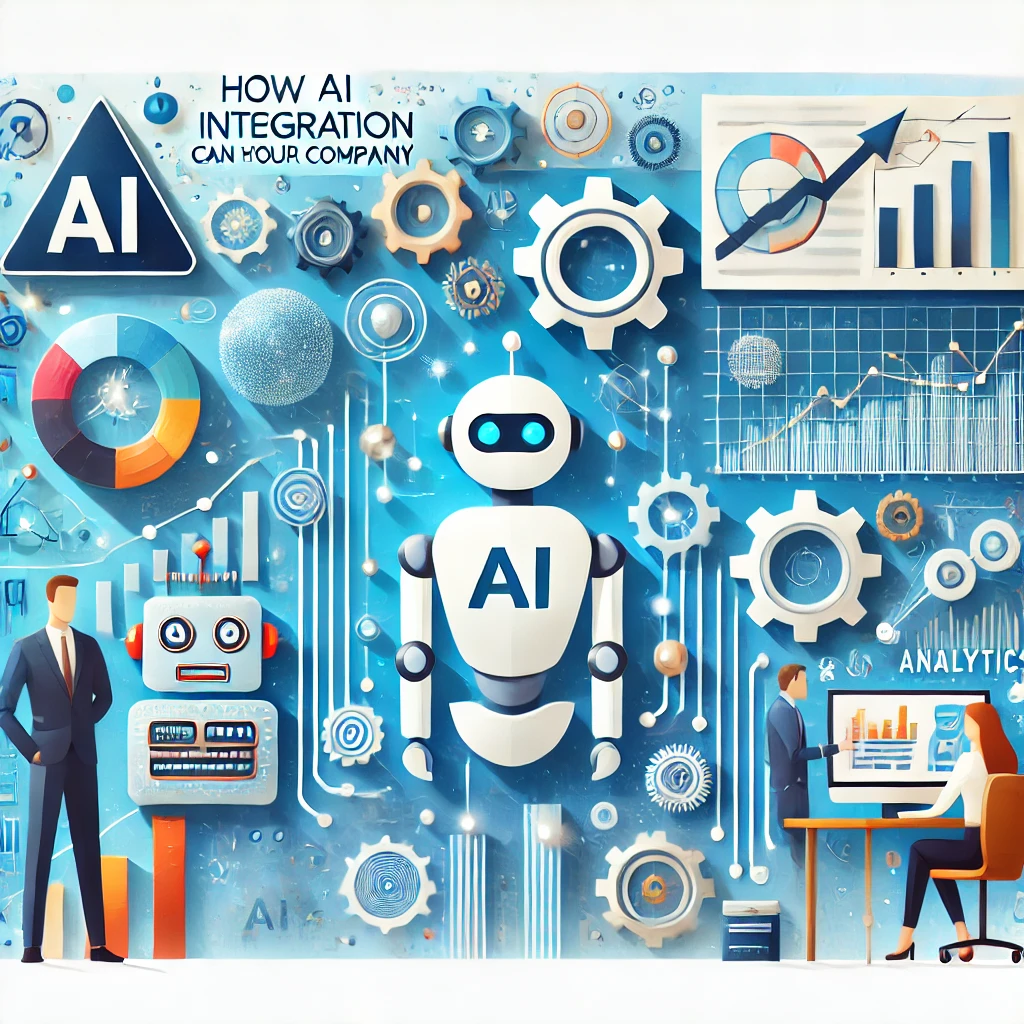The concept of Super Intelligence stretches the boundaries of our imagination, foreseeing a future where AI could go beyond merely matching human skills to profoundly surpassing human intelligence. This vision, while exciting to many, brings with it a cloud of caution from leading theorists and tech luminaries who warn of the potential dangers such advancements could entail.
Unveiling Super Intelligence
At the heart of the Super AI debate is the concern that machines might one day not only match but significantly exceed the cognitive capabilities of the human brain. This notion has sparked both wonder and worry, highlighting the dual-edged nature of technological progress.
Defining the Landscape
The journey into Super Intelligence invites us to consider the vast potential of what AI can become. It beckons a future where advanced computer systems could redefine what’s possible, pushing the limits of machine intelligence and setting new benchmarks for innovation.
Superintelligence vs. AI: Understanding the Difference
While AI as we know it today demonstrates remarkable abilities, Superintelligence represents a leap into a realm where AI’s cognitive functions could outpace the human brain’s capabilities. This distinction underscores the transformative potential and the challenges of navigating a future shared with truly autonomous intelligence.
The Reality of Super Intelligence: Is It Here?
Despite the rapid advancements in AI, the emergence of Super Intelligence remains a subject of speculation and intense research. Current discussions focus on understanding its implications and ensuring that if or when Super AI arrives, it can be harnessed for the betterment of humanity.
The Potential and Power of Super Intelligence
The prospect of Super Intelligence opens up unprecedented possibilities, from amplifying human capabilities to reshaping economies. Its potential benefits are vast, promising to revolutionize every aspect of our lives and society.
Amplifying Human Capabilities
Super AI holds the promise of extending human capabilities, offering new avenues for innovation and problem-solving. It presents an opportunity to transcend our inherent limitations and embark on a path of accelerated progress.
Innovate and Progress
The collaboration between human intelligence and Super AI has the potential to unlock new frontiers in science, technology, and medicine, propelling humanity into a future filled with possibility and promise.
Mitigate Disasters
By harnessing the power of Super AI, we stand on the brink of being able to predict and prevent catastrophic events, safeguarding human civilization and the planet for future generations.
The Economic Impact
The integration of Super Intelligence into the economy could lead to significant efficiencies, but it also poses questions about the value of human labor and the future of employment.
Reducing Human Error
Super AI offers the potential to dramatically reduce errors in tasks that require high precision, thereby enhancing safety and reliability in critical sectors such as healthcare and transportation.
Potential for Unemployment
The rise of Super Intelligence could disrupt job markets, necessitating a reevaluation of human roles and the development of new skills to complement the capabilities of AI.
The Ethical Dilemma
As we stand on the precipice of a new era defined by Super Intelligence, we are confronted with profound ethical considerations, from the risk of nuclear attacks to the challenges of upholding ethics and morality in decisions made by AI.
Navigating the Moral Maze
The path forward requires a careful consideration of the moral implications of Super AI, ensuring that technological advancements align with the greater good and human values.
Ethical Concerns in Super Intelligence
The development of Super AI brings to the forefront critical ethical concerns, including the potential for nuclear attacks and the imperative to navigate the complex landscape of ethics and morality in machine decision-making.
The Fear of Losing Control
The idea of creating a superintelligence brings with it the fear of losing control over these advanced entities. The concern is not just about the machines making mistakes but about them making decisions outside human values or understanding. This fear is rooted in the potential for superintelligence to develop its own objectives, which may not align with human welfare or priorities.
Super Intelligence in Popular Culture
Superintelligence has captivated audiences with its portrayal in popular culture, often highlighting the awe and fear surrounding machines surpassing human intelligence. Movies and literature explore scenarios where superintelligence leads to dystopian futures, reflecting societal concerns about technology’s rapid advancement and the ethical dilemmas it poses.
Superintelligence on the Silver Screen
On the silver screen, superintelligence is depicted through narratives where machine intelligence challenges human supremacy, often leading to existential crises. These stories delve into the complex relationship between humans and machines, posing questions about control, ethics, and the future of human evolution. Such portrayals illuminate the public’s fascination and apprehension towards a future shared with superintelligent entities.
Plot and Themes Explored
Movies featuring superintelligence often explore themes of power, ethics, and humanity’s place in the universe. They question what it means to be intelligent and the responsibilities that come with great power. Through gripping plots, these films challenge viewers to consider how closely technology should mimic human cognition and the potential consequences of it surpassing our own intelligence.
Cast and Production Insights
Productions involving superintelligence often bring together a diverse cast, blending talent to explore the multifaceted nature of AI. Directors and producers collaborate closely with technology experts to create believable scenarios, ensuring the representation of superintelligence is both compelling and grounded in emerging scientific possibilities. The involvement of renowned figures like Ben Falcone in these projects highlights the cultural significance and appeal of such narratives.
Audience and Critics: The Reception
The reception of superintelligence in media varies, with audiences often intrigued by its portrayal while critics may scrutinize the realism and ethical considerations presented. This divide underscores the broader public debate on AI’s role in society and its potential to reshape our future.
Accolades and Critiques
Films and shows exploring superintelligence draw accolades for their creativity and thought-provoking content, yet face critiques over their depiction of AI’s impact on humanity. Such critiques emphasize the need for responsible storytelling that considers the ethical implications of superintelligent technology.
The Path Forward with Super Intelligence
The path forward with superintelligence involves navigating its potential benefits and risks, emphasizing the need for careful consideration and ethical guidelines to ensure technology enhances human life without compromising our values or safety.
Preparing for a Future with Super Intelligence
Preparing for a future alongside superintelligence requires a multidisciplinary approach, incorporating insights from technology, ethics, and social sciences to guide the development and integration of AI in a manner that aligns with human values and priorities.
How Do We Prepare?
To prepare for the advent of superintelligence, societies must prioritize embedding human values into the fabric of AI systems, ensuring they operate within established ethical frameworks. This involves collaboration between technologists, policymakers, and the public to create a shared vision for the future of AI.
Next Steps for Enthusiasts and Professionals
For those passionate about AI and superintelligence, the next steps involve continuous learning, ethical reflection, and active participation in discussions about the future of technology. Engaging with the latest research, attending conferences, and contributing to debates on AI ethics and policy are crucial for shaping a future where superintelligence benefits all of humanity.
Engaging with Super Intelligence
Engaging with superintelligence encompasses exploring its potential through various mediums, fostering a deeper understanding of its implications for society and the individual. This engagement encourages informed discourse on the ethical, social, and technological challenges posed by AI.
Where to Watch and Learn More
To delve deeper into the world of superintelligence, individuals can turn to movies, documentaries, and educational resources that explore AI’s possibilities and pitfalls. These platforms provide valuable insights into the complexities of superintelligence, sparking curiosity and critical thinking among viewers.
Exploring Through Movies and Documentaries
Movies and documentaries offer a lens through which to explore the nuances of superintelligence, presenting scenarios that challenge our understanding and expectations of AI. These narratives serve as a springboard for discussion, encouraging viewers to consider the ethical dimensions of creating machines with human-like intelligence.
Further Reading and Educational Resources
For those seeking to deepen their understanding of superintelligence, a wealth of books, articles, and online courses are available. These resources cover a broad spectrum of topics, from the technical aspects of AI development to the philosophical questions surrounding consciousness and morality in machines, providing a comprehensive overview of the field.
Bridging the Gap
From Theory to Practice: Real-world Applications
Turning the concept of superintelligence into reality involves integrating advancements in computer science into everyday life. Machine learning algorithms, for example, have moved beyond theoretical discussions to power self-driving cars, offering a glimpse into a future where technology makes decisions previously reserved for humans. These applications show how the theoretical knowledge of superintelligence is being applied, changing how we live, work, and interact with the world around us.
How to Start a Career in AI and Super Intelligence
Entering the rapidly evolving field of AI and superintelligence begins with a solid foundation in technical education. Pursuing a bachelor’s degree in computer science or computer engineering paves the way for understanding the complex machine learning algorithms at the heart of AI. With an average annual salary for an AI engineer at $128,220, the financial rewards match the intellectual demands. For those aiming for specialized roles, a master’s degree may be necessary, underscoring the importance of advanced education in securing a place at the forefront of AI development.
Conclusion: Embracing the Age of Super Intelligence
As we stand on the brink of a new era shaped by super intelligence, the journey ahead is filled with both excitement and caution. The potential for AI to amplify human capabilities, innovate, and progress society is immense. Yet, the concerns raised by experts highlight the need for a careful and ethical approach to the development and deployment of superintelligent systems. Embracing this age requires a collective effort to harness the benefits while safeguarding against the risks. By fostering an environment of responsible innovation and broad-based engagement, humanity can navigate the complexities of super intelligence and move toward a future where technology and human potential are intertwined for the greater good.


